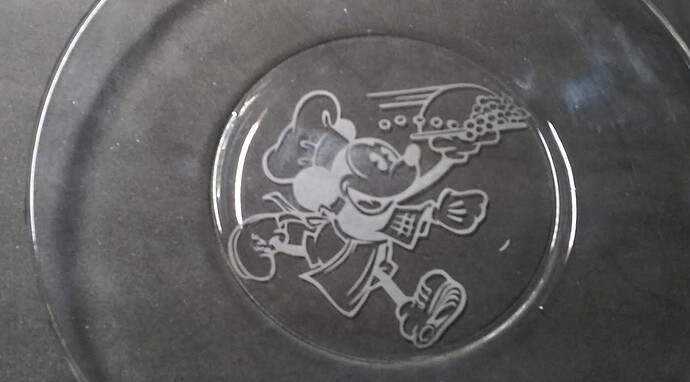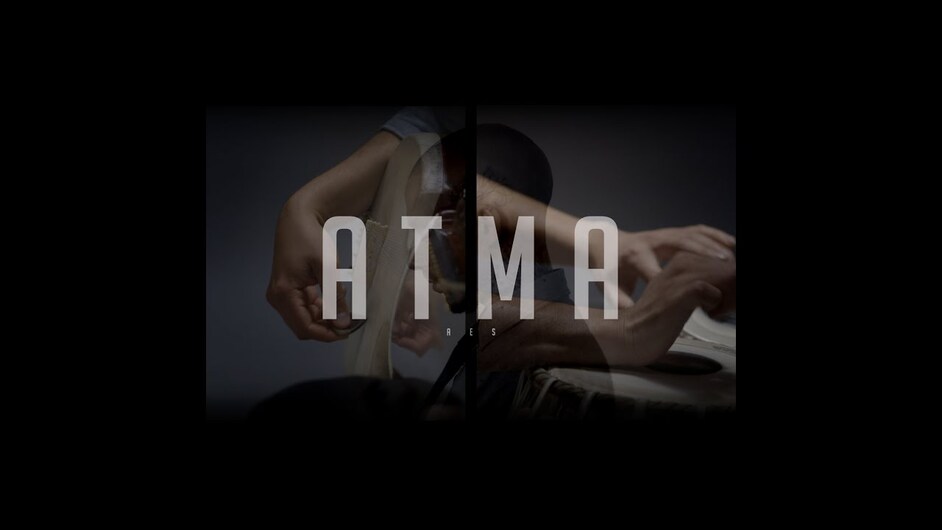I LOVE the look of the coasters! What a great, personalized gift. It opens up many possibilities for things other than coasters, too.
maybe, some of our regulars with access to lasers and experience would be able to work with you and do a SMALL test for you to make sure your parametrics are working correctly. That way, if it works out, you can rest assured that your more complex file will be good to go. And if it doesn’t work out right, you have time now to change them up.
I bet that @smcgathyfay can just look at your design and tell you how to fix it, or if it is good to go.
Most of my very first projects are just going to be engraving on things that I’m building, but once I start cutting things out, I’ll have LOTS more questions.
She’s already done one of them - the acrylic light bulb thing…I hate to get greedy! 
And Martin did the sheep trivet. (So I’ve probably gotten my share.)
I don’t mind testing out cut files if I have the time and material… Lay it on me…lol
I would if they were smaller, these are going to require several sheets…let me see what I can come up with.
Those look great! And to be able to design, cut, and create them so fast on a whim is awesome!
If you’d like to ask someone to test print for you, you might post the full design in “free laser designs”…
Reverse etch or engrave for glass is also good if doing glass (clear) plates. I’ve sand blast engraved plates (reverse on the bottom) and that way they can also be used as well as decorative. Also if it is a coaster, you you added color to the etching ( rub n buff or some other fill) , it won’t get affected by any water or spills. ![]()
One of my first plates
Would be so much easier (and could be done)on a glowforge rather than having to cut out a vinyl mask for sandblasting.
genuinely curious question, if you are etching or sandblasting an image without words on it, is there really a “reverse” to it? It’s just an image and it would change which direction it’s pointing, but I thought words were the only thing that would really need to be “reverse” etched.
This one needs to be a collaboration, since the file needs to be prepared in F360 for the specific material, in order to test the parametric side of things in the file. (The ones I have on hand are too complex, I’m going to put together something smaller and easier to cut for the testing. If it works out okay in the testing, it will work in more complex designs, and she won’t have to use up $20 worth of materials.)
I’m going to take @smcgathyfay up on her offer to cut a small test case. I’ll need to get a couple of actual measurements from her (actual material thicknesses and the kerf for the laser that she is using), then I’ll create the file for her to cut, and she should be able to do it quickly without making any further adjustments.
If things go as I expect they will, the parts are going to force fit together with zero leeway, and the treatment of kerf will need to be adjusted a bit…real life generally just isn’t that accurate.
Then, after we get the kerf treatment worked out, I’ll have her cut it out of a different material, get some new measurements, send her a new file, and we’ll see if that one works as well.
But it needs to be a little 2 inch sized file…just a few tabs. (I worked up a quickie last night but built it off the wrong face, so I need to rework it this morning.)
Anyway, stand by @smcgathyfay …test file coming soon.
(You might regret volunteering for this girlfriend! ROFL!) ![]()
I’m up for the challenge…
I can visually tell if it will work by checking the file, so more complex is fine too.
You can start with the baltic birch ply
.124" thickness
.006 kerf
Some images without words look very wrong if mirrored, it just takes longer to realize what it wrong.
Many years ago, I picked up prints from a role of 35mm film and immediately knew something was wrong but it took a while to realize the entire roll had been printed in reverse. Things that should have been on the left were on the right, etc. I think it was mostly landscape photos that made it harder to spot something as obvious as backwards text.
Chuckle! I would find it nigh impossible to visually check something like some of my fully parametric, not yet kerf-adjusted, models. (And I designed the darned things! ROFL!) ![]()
Let me get started on something simple using your numbers…I keep getting sidetracked with house related stuff this morning.
Very True - in most cases, the image would only need to be reversed if you prefer it looking a certain way. In the plates case, I wanted it the same as the image, so I reversed it. Some plates like for a wedding couple, the image has writing ( name, date, etc.) so everything is reversed as the mask is usually one piece. For a picture it is certainly a choice ( although it’s sometimes odd how different a drawing or picture sometimes looks when reversed - probably just to someone who has seen the original and expects it to face a certain way)
Especially if you’re doing signs or logos or other images that may be associated with someone’s business or group. Just because the eagle looks like an eagle for instance, it can make a big deal which way it’s beak is facing.
Check out what happened when the Germans flipped the tetraskelion.
Reverse engrave is a classy touch—and showing that you appreciate UX.
ohhh that’s a good point. Official Logos, emblems, seals, etc… should be kept in the same “perspective” as they are intended. Flipping direction of a public image could either have a different meaning or just simply not represent what it is supposed to represent. Thanks for that
I was just watching a live video feed of a friend’s group practicing.
Someone asked if he was playing a left-handed sarode… which would be crazy!
Turns out the video was just flipped, someone had been messing with camera settings.
People noticed, though, that it just looked wrong.
Shameless plug: They just dropped their first album, and their first tour starts next month. It is different: Classical Indian/Underground Conscious HipHop.
I like that…it’s different. 

